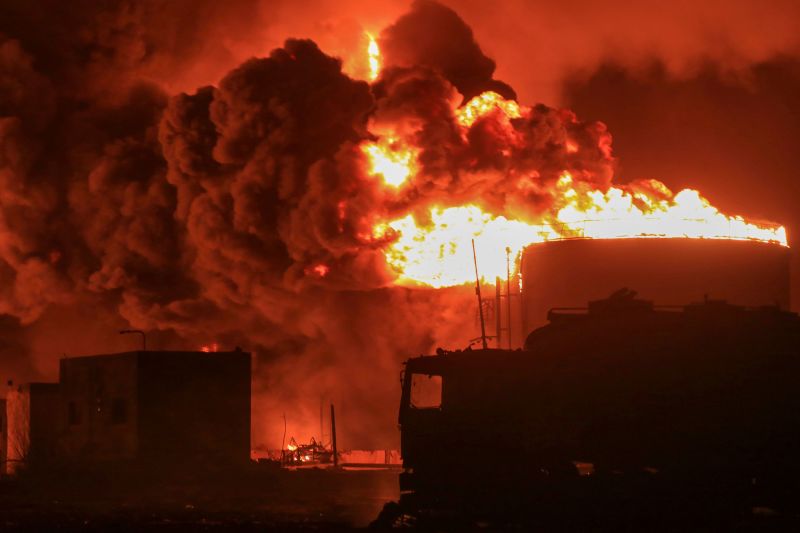
Israel’s Bold Move: First Strike on Yemen After Devastating Houthi Drone Attack – Here’s What You Need to Know
Israel Strikes Yemen for the First Time Following Deadly Houthi Drone Attack: Here’s What We Know
The recent escalation of conflict in the Middle East has captured the attention of the international community, as Israel carried out airstrikes in Yemen for the first time following a deadly drone attack by Houthi rebels. This development marks a significant shift in the regional dynamics and raises concerns about the potential for further escalation in an already volatile region.
The Houthi rebels, who are backed by Iran, have been involved in a protracted conflict with the Yemeni government and its allies, including Saudi Arabia and the United Arab Emirates. The group has repeatedly targeted Saudi Arabian cities with drones and missiles, causing civilian casualties and significant damage to infrastructure. In response, Saudi Arabia has led a coalition of Arab states in conducting airstrikes against Houthi targets in Yemen.
The recent Houthi drone attack that targeted an Israeli-owned vessel in the Red Sea, resulting in the death of two crew members, has escalated the conflict further. Israel has blamed Iran for providing support to the Houthi rebels, leading to its decision to strike targets in Yemen. This marks a significant departure from Israel’s typical strategy of focusing on threats closer to home, such as Hezbollah in Lebanon or Hamas in Gaza.
The Israeli airstrikes in Yemen have raised concerns about the potential for a broader regional conflagration. Iran, a key supporter of the Houthi rebels, has condemned Israel’s actions and warned of dire consequences if the strikes continue. The United States, which has close ties with both Israel and Saudi Arabia, has called for restraint and de-escalation in the region to prevent further violence.
The situation in Yemen remains dire, with millions of civilians facing starvation and disease amid the ongoing conflict. The international community must prioritize efforts to end the violence and resolve the underlying political and humanitarian crisis in the country. Dialogue and diplomacy are essential to finding a peaceful solution that addresses the legitimate concerns of all parties involved.
As the conflict in Yemen continues to intensify, the involvement of external actors such as Israel and Iran adds a new layer of complexity to an already complicated situation. The risk of further escalation and the potential for a wider regional conflict underscore the urgent need for a coordinated and diplomatic approach to address the root causes of the conflict and prevent further bloodshed.
In conclusion, the recent Israeli airstrikes in Yemen following the deadly Houthi drone attack have heightened tensions in the region and raised concerns about the potential for a broader conflict. The international community must work together to promote dialogue, de-escalation, and a comprehensive political solution to the conflict in Yemen in order to prevent further violence and suffering for the Yemeni people.
